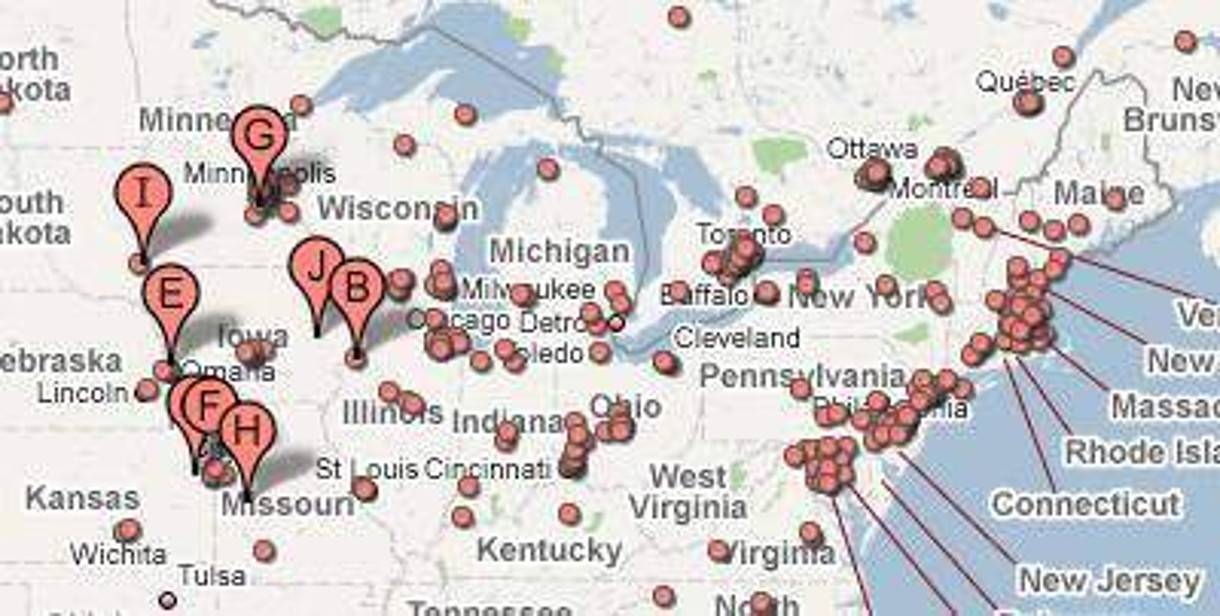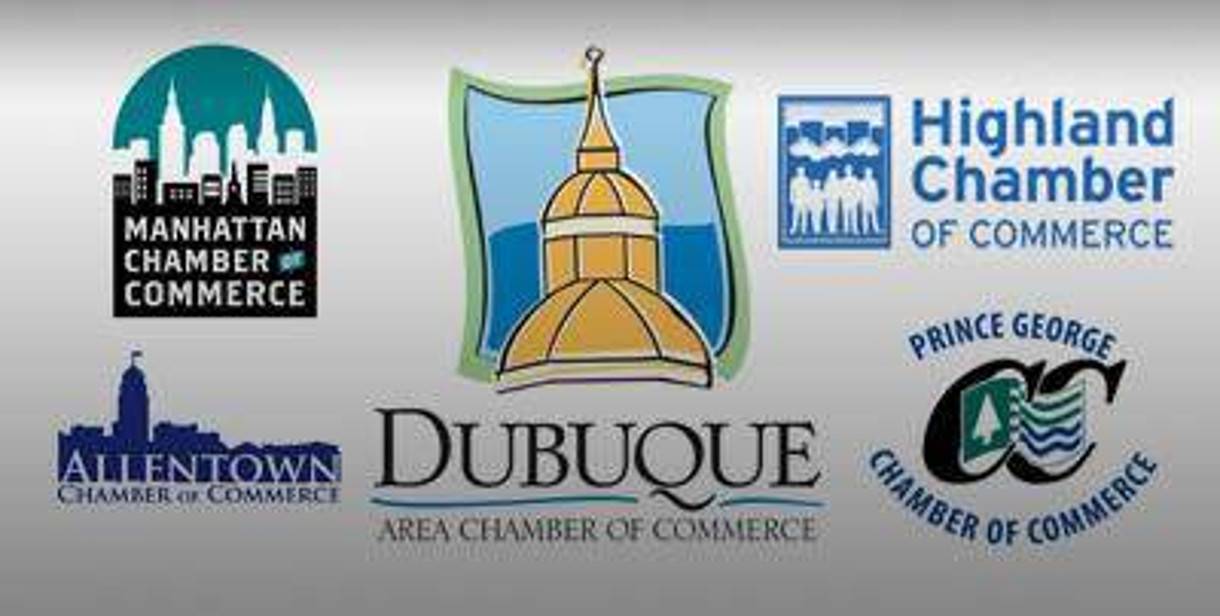Location, Location, Location Based Marketing
Using Location to Find Link Prospects
Considering location is of utmost importance when doing on-page SEO for your website. Location can also be a relevant and helpful factor to keep in mind when doing off-page SEO. There are several great ways to incorporate location into your off-page marketing efforts like including location-based keywords in the anchor text of external links, adding your location in local business listings, and geo-targeting pay-per-click campaigns. Here are 5 ways to utilize geographical location in finding quality links to market your website.
1. Google Local Business Listings via Google Maps

A powerful and quick way to search for quality links is to use Google Maps to identify relevant local listings. Think about physical locations you can identify as being related to your client’s site. If you are marketing a site that sells bicycle helmets, search bike stores in the area that might carry the product, and go from there. By targeting physical locations, you may stumble upon local businesses or associations that would be willing to add a link to your business’ website. Even if you are unsuccessful in gaining a link, these local businesses may have a blogroll or links page that could help steer your search in a new direction filled with potential.
2. Contact Member Organizations

Check the client’s site for links or mentions of local organizations like Chambers of Commerce, Small Business Associations, Neighborhood Groups, or industry organizations. Contacting local groups is a great way to obtain relevant and authoritative links. Organizations like these generally have a member directory or links page, which can be a springboard for finding related, nearby businesses. Which brings me to my next point….
3. Keep it in the Neighborhood

Targeting local businesses that are neighbors is a great way to target prospective links. Many sites have collections of links of businesses that are nearby that are not necessarily competitors. It has been speculated that receiving links from businesses surrounding you with similar addresses can help boost your position in location based searches. Doing so gives you the unique advantage of establishing (or building, in the case that a relationship already exist) a personal relationship, and could open other businesses possibilities as well.
4. Network with Locals

Blogs and forums that relate to your site’s subject matter AND are based in the same location gives you two things in common with the link prospect. Mentioning you are from the area or sharing personal experiences gives credibility and importance to your link. Standard, cookie cutter emails with no hint of personality or involvement will never result in any links. Tourism sites and city specific directories are also great places to share your link. Providing relevant feedback and informational content along with your link can go a long way in reaching readers in your area.
5. Long Distance Relationships

Sometimes long distances can be a positive factor for obtaining links. You can use Google Local Listings to identify related businesses that are far enough away to not be competition. Once you have gotten outside of the area that is considered competitive, a site might be willing to share a link with its readers if you have content that is valuable and informative.
When targeting location based campaigns, remember to use location based keywords in the anchor text of your link. This is an important factor when your page is being crawled by spiders, and can help add value to your links. Taking location into account will help bring success to your marketing campaign where it matters most. Happy link hunting!




